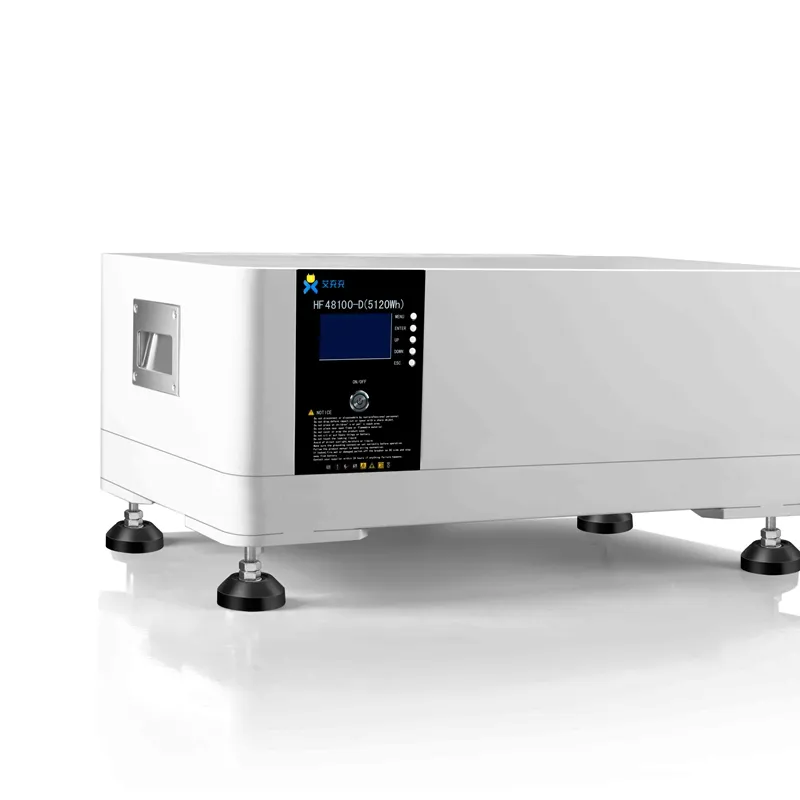
Aug . 08, 2024 04:15 Back to list
Exploring Advanced Battery Energy Storage Solutions for Enhanced Power Management and Sustainability
Exploring the Benefits of BESS Battery Energy Storage Systems
In recent years, the demand for sustainable and efficient energy solutions has surged, prompting innovations in various sectors, especially in energy storage. One of the most significant advancements in this realm is the development of Battery Energy Storage Systems (BESS). These systems offer remarkable benefits that not only enhance energy security but also contribute substantially to a greener planet.
What is BESS?
Battery Energy Storage Systems (BESS) are technologies that store energy for later use. They are designed to capture and store electricity generated from various sources, such as solar, wind, and grid power, and release it when needed. By using batteries as storage devices, BESS can help balance supply and demand, thereby ensuring a reliable energy supply.
The Advantages of Battery Energy Storage Systems
1. Grid Stability One of the primary roles of BESS is to provide stability to the electrical grid. Fluctuations in energy supply and demand can cause disruptions. BESS can absorb excess energy during low demand and release it during peak times, thus helping to stabilize the grid and reduce the likelihood of blackouts.
2. Integration of Renewable Energy As the world moves towards renewable energy sources, BESS plays a crucial role in integrating these intermittent power supplies into the grid. By storing surplus energy generated during peak production times, such as sunny or windy days, BESS enables a more consistent and reliable energy supply, making renewable sources more viable.
3. Cost Efficiency Although the initial investment in Battery Energy Storage Systems can be significant, the long-term benefits often outweigh the costs. By storing energy when it is cheaper (usually during off-peak hours) and using it when energy prices are higher, consumers and businesses can save money on electricity bills. Additionally, BESS can reduce the need for expensive fossil-fuel backup generators, further lowering operational costs.
bess battery energy storage systems product

4. Environmental Impact By facilitating the use of renewable energy and reducing reliance on fossil fuels, BESS considerably minimizes the carbon footprint of electricity consumption. When paired with sources like solar and wind, BESS contributes to a cleaner, more sustainable energy ecosystem.
5. Demand Response BESS enables demand response strategies that allow electricity consumers to adjust their consumption patterns based on energy availability and pricing. By incentivizing lower energy use during peak demand times, BESS helps prevent overloads on the grid, promoting a more efficient energy landscape.
Challenges and Future Outlook
Despite its many advantages, BESS technology does face challenges, including the high cost of battery systems, resource limitations for battery production, and concerns over battery recycling and longevity. However, ongoing research and advancements are addressing these issues, making BESS increasingly viable for widespread adoption.
As global energy needs continue to evolve, the future of Battery Energy Storage Systems looks promising. Innovations in battery technology, such as lithium-sulfur and solid-state batteries, may further enhance the efficiency and storage capacities of these systems, paving the way for broader applications in residential, commercial, and industrial sectors.
Conclusion
Battery Energy Storage Systems represent a significant leap towards an efficient, stable, and sustainable energy future. By addressing energy storage challenges, facilitating renewable energy integration, and contributing to grid stability, BESS is not just a technological solution but a vital component of our global strategy to combat climate change and promote energy resilience. As investments and research in this field continue to grow, the potential impact of BESS on the energy landscape will undoubtedly be profound and far-reaching.
-
AI-Powered EMS with GPT-4-Turbo | Efficiency Boost
NewsAug.01,2025
-
Optimized Storage System for GPT-4-Turbo | High Performance
NewsJul.31,2025
-
AI Energy Management System w/ GPT-4 Turbo Efficiency
NewsJul.31,2025
-
High-Performance Energy Storage System for Reliable Power Solutions
NewsJul.30,2025
-
Advanced EMS Solutions for Energy Management System & Storage Battery Companies
NewsJul.29,2025
-
Intelligent Energy Management for Homes - Efficient Storage Solutions
NewsJul.29,2025























